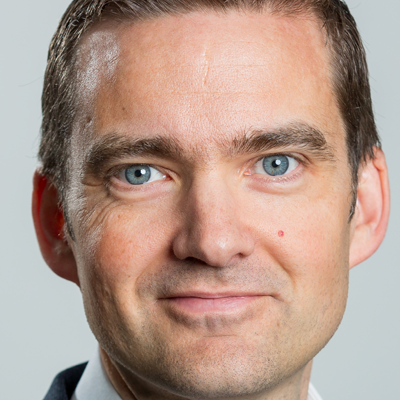I’m especially proud of the work we’re doing to improve employee wellbeing

I’m especially proud of the work we’re doing to improve employee wellbeing
University of Oxford – Harris Manchester CollegeSalary: £28,889 to £33,453 (FTE equivalent: £48,149–£55,755), inc. Oxford University weighting of £900 (FTE equivalent: £1,500)
Miryco Consultants is working with a leading global asset manager, looking for an HR Business Partner for a 12-month maternity cover. This will be a